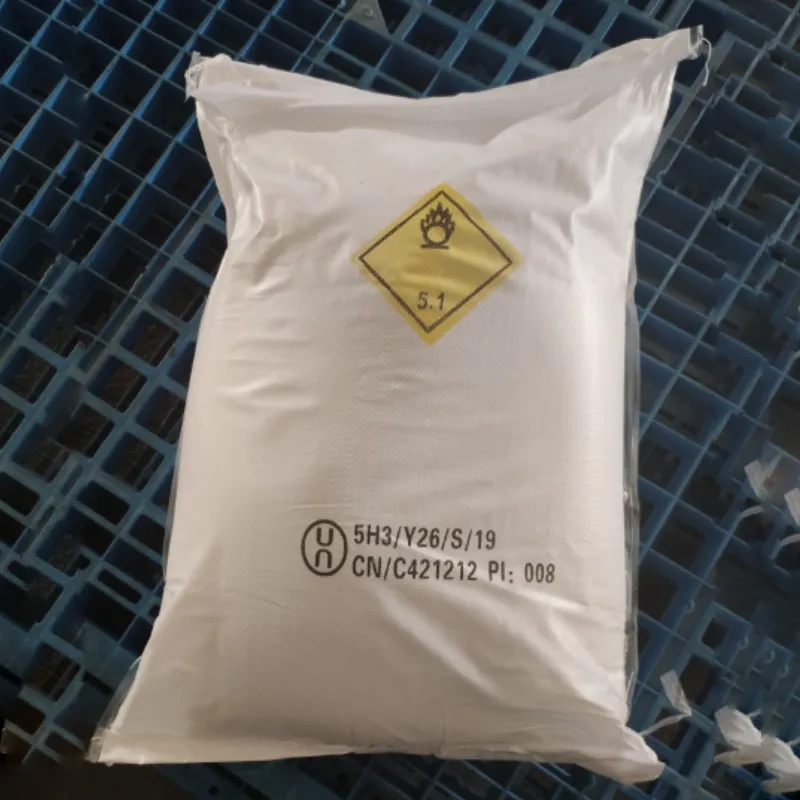
phosphoric acid agriculture use
The Role of Phosphoric Acid in Agriculture Enhancing Crop Production
Phosphoric acid, a key component of phosphate fertilizers, plays a crucial role in modern agriculture. It is essential for promoting plant growth, enhancing crop yields, and improving soil quality. As the global population continues to rise, the demand for food production increases, making the effective use of phosphoric acid in agriculture more critical than ever. This article explores the importance of phosphoric acid in agriculture, its applications, and the benefits it brings to farming practices.
Understanding Phosphoric Acid
Phosphoric acid (H₃PO₄) is a colorless, odorless, and non-volatile compound commonly used in various industrial processes. In agriculture, it serves primarily as a source of phosphorus, one of the three macronutrients necessary for plant growth, alongside nitrogen and potassium. Phosphorus is crucial for energy transfer within plants, as it forms part of ATP (adenosine triphosphate), which stores and transports energy for various biological processes. Additionally, phosphorus is important for root development, flowering, and fruiting, making it indispensable for successful crop cultivation.
Applications in Agriculture
Phosphoric acid is primarily used in the production of phosphate fertilizers, which are applied to crops to enhance soil fertility. The most common forms of phosphate fertilizers derived from phosphoric acid include monoammonium phosphate (MAP) and diammonium phosphate (DAP). These fertilizers provide plants with readily available phosphorus, ensuring that crops receive the nutrients they need during critical growth stages.
Another application of phosphoric acid in agriculture is in soil amendments. Acidified phosphate rocks can improve phosphorus availability in soils with high pH levels, facilitating better nutrient uptake by plants. Moreover, phosphoric acid can be used in liquid fertilizers, allowing for easier application and better nutrient distribution across the soil.
phosphoric acid agriculture use

Benefits of Using Phosphoric Acid
1. Enhanced Crop Yields The addition of phosphoric acid-based fertilizers results in improved crop yields, as phosphorus promotes strong root systems and contributes to overall plant vigor. Studies have shown that crops receiving adequate phosphorus exhibit increased biomass and higher fruit and seed production.
2. Improved Soil Health Phosphoric acid helps balance soil pH and enhances soil structure, promoting microbial activity essential for nutrient cycling. Healthier soils are more resilient and better able to support plant growth, leading to sustainable agricultural practices.
3. Environmental Sustainability The use of targeted phosphoric acid applications reduces the likelihood of phosphorus runoff into water bodies, which can lead to eutrophication. By utilizing precision agriculture techniques that incorporate phosphoric acid, farmers can improve phosphorus use efficiency, minimizing environmental impact while maximizing productivity.
4. Supports Organic Farming Phosphoric acid can also be used in organic farming systems, where it serves as a vital source of phosphorus. Organic fertilizers derived from rock phosphate treated with phosphoric acid provide a sustainable option for farmers looking to improve soil fertility without relying on synthetic fertilizers.
Conclusion
In conclusion, phosphoric acid is an essential element in the agricultural landscape, significantly impacting crop production and soil health. As the agricultural sector faces increased pressures from population growth and environmental challenges, the role of phosphoric acid becomes even more critical. Its applications in phosphate fertilizers and soil amendments provide farmers with the tools necessary to enhance crop yields, support sustainable practices, and maintain soil health. By embracing the benefits of phosphoric acid, the agricultural industry can work towards meeting global food demands while minimizing adverse environmental impacts, ensuring a sustainable future for generations to come.
-
Aluminum Hydroxide: Quality Gels & Dried Gel AntacidNewsAug.31,2025
-
Buy High-Quality Trichloroisocyanuric Acid for Sale | TCCA 90% SupplierNewsAug.30,2025
-
Pure Sodium Dichloroisocyanurate Dihydrate | Powerful DisinfectantNewsAug.29,2025
-
Industrial Chemicals: Quality & Purity for Every IndustryNewsAug.28,2025
-
Nitrile Rubber Honoring Strict Production StandardsNewsAug.22,2025
-
Aspartame Ingredients Honoring Food Safety ValuesNewsAug.22,2025
-
Fertilizer for Balanced Plant NutritionNewsAug.22,2025
Hebei Tenger Chemical Technology Co., Ltd. focuses on the chemical industry and is committed to the export service of chemical raw materials.
-

view more DiethanolisopropanolamineIn the ever-growing field of chemical solutions, diethanolisopropanolamine (DEIPA) stands out as a versatile and important compound. Due to its unique chemical structure and properties, DEIPA is of interest to various industries including construction, personal care, and agriculture. -

view more TriisopropanolamineTriisopropanolamine (TIPA) alkanol amine substance, is a kind of alcohol amine compound with amino and alcohol hydroxyl, and because of its molecules contains both amino and hydroxyl. -

view more Tetramethyl Thiuram DisulfideTetramethyl thiuram disulfide, also known as TMTD, is a white to light-yellow powder with a distinct sulfur-like odor. It is soluble in organic solvents such as benzene, acetone, and ethyl acetate, making it highly versatile for use in different formulations. TMTD is known for its excellent vulcanization acceleration properties, which makes it a key ingredient in the production of rubber products. Additionally, it acts as an effective fungicide and bactericide, making it valuable in agricultural applications. Its high purity and stability ensure consistent performance, making it a preferred choice for manufacturers across various industries.





